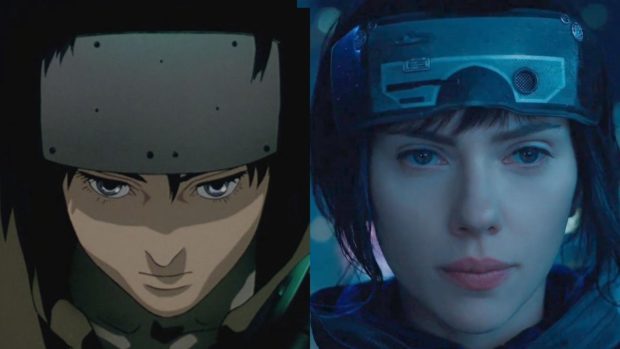 In the years following the #OscarSoWhite controversy, there has been a much-needed push to ensure equality for minorities in film. Whether because of race, gender, or sexuality, marginalized artists have been fighting an uphill battle for creative opportunities. Regardless of the recent progress, questionable business decisions continue to happen. Scarlett Johansson, lambasted for her whitewashed role in Ghost in the Shell, recently became the subject of more ire when cast as a transgender man. As I read into both sides of the controversy, I asked myself: does this problem of white creative domination apply to myself as a novelist? Am I part of the problem? Are we heading towards a future where artists can only create work based on their own identity and experiences?
In the years following the #OscarSoWhite controversy, there has been a much-needed push to ensure equality for minorities in film. Whether because of race, gender, or sexuality, marginalized artists have been fighting an uphill battle for creative opportunities. Regardless of the recent progress, questionable business decisions continue to happen. Scarlett Johansson, lambasted for her whitewashed role in Ghost in the Shell, recently became the subject of more ire when cast as a transgender man. As I read into both sides of the controversy, I asked myself: does this problem of white creative domination apply to myself as a novelist? Am I part of the problem? Are we heading towards a future where artists can only create work based on their own identity and experiences?
Creative equality is a very sensitive topic with no categorical solution, but this much is clear: no one should be denied the chance to create based on his or her gender, race, or sexual identity. There are so many unique voices in this world, and all of them deserve to be heard. Likewise, no artist should be prevented from exploring life outside of their own identity, as long as it’s not to the detriment of others. To embody the life and mind of another human being through art––no matter how different from oneself––is the very essence of empathy.
 Hollywood is a business, and money drives much of the decision-making. Casting a certain actor may be the only (perceived) way for a project to get off the ground, because producers are notoriously afraid of financial risk. When I first read about Johansson’s casting, I thought, “That’s her job: to portray someone other than herself.” That was an ignorant simplification. Jamie Clayton, the beautiful and talented actress from Sense8, opened my eyes to why Johansson’s casting was insulting to the transgender community: transgender actors cannot get hired in non-trans roles. They aren’t even getting in the room to audition. If they were being cast in traditional roles, it would be far less of an issue. But Johansson’s casting denied the role to an entire community that is struggling for acceptance and work in their profession. Johansson has since bowed out of the role. As an actress with near unlimited opportunities to shine, it seems like her choice was made out of a desire to shed light on the issue rather than merely conceding to the backlash.
Hollywood is a business, and money drives much of the decision-making. Casting a certain actor may be the only (perceived) way for a project to get off the ground, because producers are notoriously afraid of financial risk. When I first read about Johansson’s casting, I thought, “That’s her job: to portray someone other than herself.” That was an ignorant simplification. Jamie Clayton, the beautiful and talented actress from Sense8, opened my eyes to why Johansson’s casting was insulting to the transgender community: transgender actors cannot get hired in non-trans roles. They aren’t even getting in the room to audition. If they were being cast in traditional roles, it would be far less of an issue. But Johansson’s casting denied the role to an entire community that is struggling for acceptance and work in their profession. Johansson has since bowed out of the role. As an actress with near unlimited opportunities to shine, it seems like her choice was made out of a desire to shed light on the issue rather than merely conceding to the backlash.
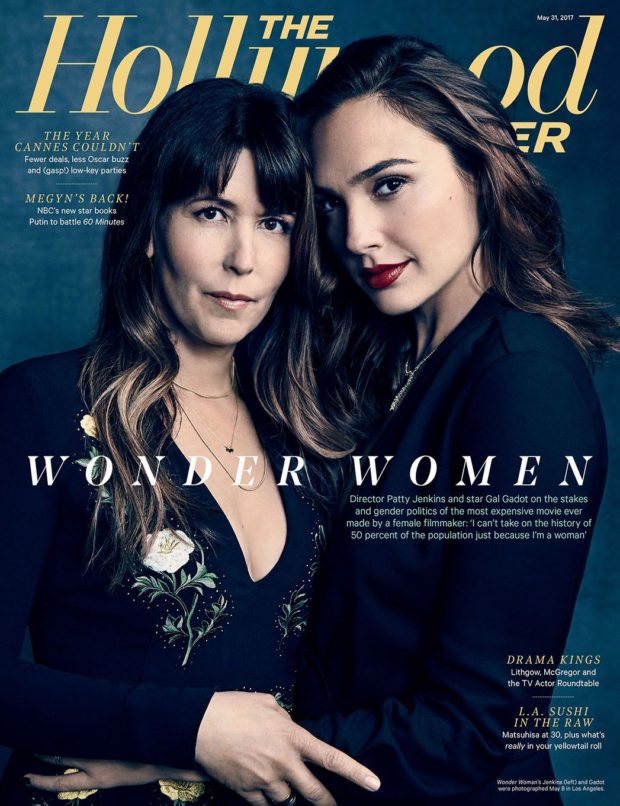 All minorities in Hollywood face the struggle of inclusion. As much as I would’ve loved to write a film like Wonder Woman, a character that I’ve been a fan of for so long, it was very important for female voices to be behind that project. Not because a man can’t write Wonder Woman with authenticity, but because women hadn’t been given the chance to make their mark in the superhero genre and prove that they, too, can direct huge summer blockbusters. A male director could’ve certainly made a stellar Wonder Woman film, but Jenkins’ vision created something unprecedented and special because she knew what was at stake for women in film.
All minorities in Hollywood face the struggle of inclusion. As much as I would’ve loved to write a film like Wonder Woman, a character that I’ve been a fan of for so long, it was very important for female voices to be behind that project. Not because a man can’t write Wonder Woman with authenticity, but because women hadn’t been given the chance to make their mark in the superhero genre and prove that they, too, can direct huge summer blockbusters. A male director could’ve certainly made a stellar Wonder Woman film, but Jenkins’ vision created something unprecedented and special because she knew what was at stake for women in film.
In a perfect world, filmmaking would be a meritocracy where the most talented people are hired for the job. Unfortunately, many marginalized artists can only practice their trade at the behest of countless talking heads: producers, studio heads, financiers, etc. Creative voices have been suppressed from pursuing their dream, and that has to change. After spending years working as a screenwriter that fact became abundantly clear. But having since moved on to novels, where does that leave me? Are there stories I can’t or shouldn’t tell?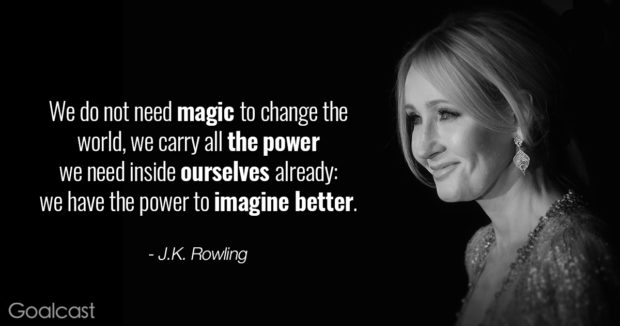
As a novelist, I am not subject to the limitations of an industry like Hollywood. No one can dictate what I can or can’t write about. My creative choices are independent of my identity. Even if a project isn’t traditionally published, there are many other avenues available to release my work. And whatever topic I choose to pursue, it is not denying someone else the opportunity to explore similar themes or characters. But that freedom comes with a responsibility to be authentic. Authenticity is born from passion and empathy, by embracing all that is wonderfully different from your own life.
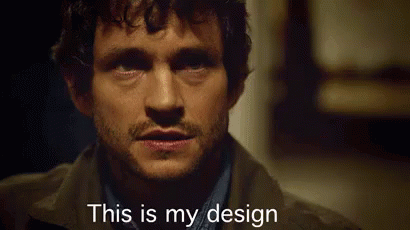 I’ve always believed in writing what you don’t know, because this forces an author to research and connect with something outside of his or her comfort zone. For my next novel, I want to create a story with entirely female characters. To say that I am unable to do so because I am a white, cisgender male is ludicrous. Writing about other people is an intimate expression of empathy. Like Will Graham in Hannibal, writers must understand the minds of every character, even horrific ones. In doing so, we are empathizing, learning, and connecting. Building bridges. Isn’t that the essence of creation, to find universal aspects of the human condition?
I’ve always believed in writing what you don’t know, because this forces an author to research and connect with something outside of his or her comfort zone. For my next novel, I want to create a story with entirely female characters. To say that I am unable to do so because I am a white, cisgender male is ludicrous. Writing about other people is an intimate expression of empathy. Like Will Graham in Hannibal, writers must understand the minds of every character, even horrific ones. In doing so, we are empathizing, learning, and connecting. Building bridges. Isn’t that the essence of creation, to find universal aspects of the human condition?
Equality is never simple. I don’t want art to be limited for anyone, but there are certain industries like Hollywood that have to be more inclusive and provide opportunities to those that have been denied for too long. But if, like me, you find yourself in a profession where you can explore any story that your mind can conjure, do so with respect, love, and professionalism.
Don’t write what you already know. Write what you want to know. Write about what you love. What about whom you love. What about what the world is, and what you wish it to become.
Write with heart, and you will be a better person.
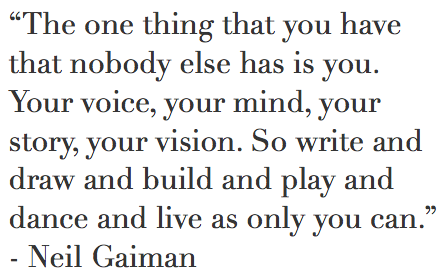
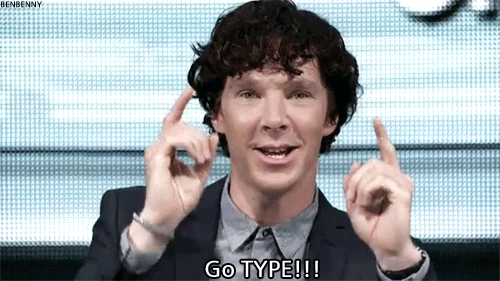
Great piece, Jeff. It really comes down to seeing the humanity in all our characters. I tend to write from the perspective of while male protagonists because it’s one I understand, and can represent authentically, and then from that particular POV, I try to portray all the other characters as dynamically and dimensionally as possible.
It’s important when we write to shun stereotypes, and not fall back on archetypal portrayals of other genders, races, and cultures. All too often, bad stories reinforce cultural clichés instead of challenging them.
Thanks, Sean! Art also reflects the world we live in. The socio-political and cultural landscape of our country changes drastically every few years, and we have to be aware of those changes to be authentic in our writing, even if writing a fantasy world.